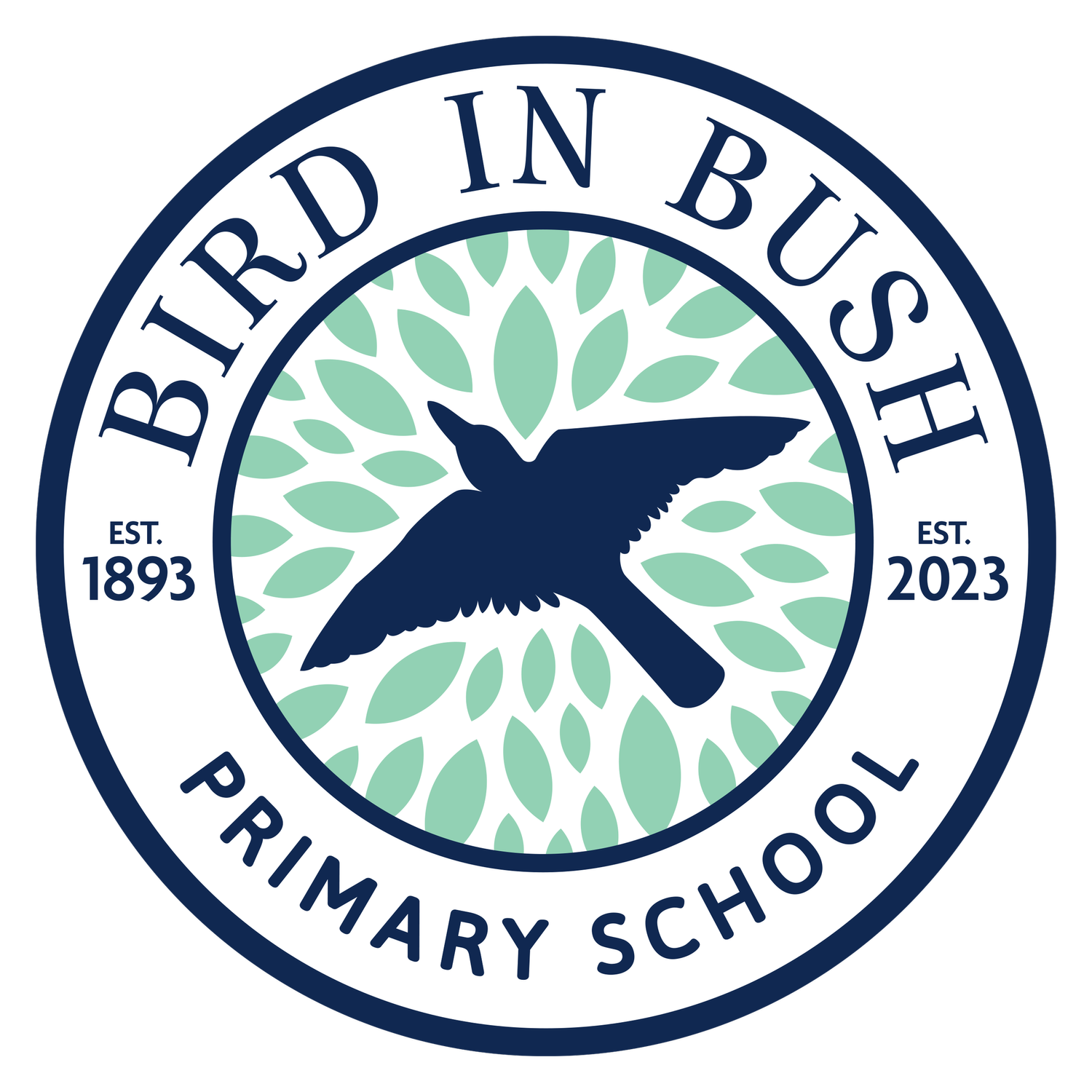History
History at Bird in Bush School is guided by the school’s planning and progression documents that are built around our aspirations that our curriculum should be both a mirror and a window in developing pupils’ historical enquiry.
Intent:
Historical study at Bird in Bush School will be based on five connected concepts: The role of evidence; Evaluating the chronology of History; Assessing Historical Concepts; Historical Enquiry as well as the questioning that develops historical perspectives.
Pupils will be taught that historical study itself has changed. History is not merely a series of uncontested facts and events but a matter of debate with many standpoints to explore. Pupils will understand and appreciate that curiosity and critical thinking are essential tools for historians.
Skilfully framing questions, delving deeper through historical enquiry and looking at different perspectives are important skills pupils will be taught across the key stages. Pupils will develop a sound knowledge of chronology, of historical periods and knowledge of local, national and international events.
Understanding the past and constantly evaluating it helps pupils to become knowledgeable future citizens. It is our intention to foster a love of history as an academic discipline with huge relevance to the modern world and its future development.
Implementation:
History skills are embedded within all history lessons and developed throughout their journey of the history curriculum. By the end of their primary education pupils at Bird in Bush will:
Have a chronological understanding of British history from the Stone Age to the present day.
Be able to draw comparisons and make connections between different time periods and their own lives.
Be knowledgeable about world history such as the ancient civilisations of Egypt or Benin.
We have a project based approach to learning with an emphasis on the people and communities in our local area and our plans that we are always racial literate in the material we present and study. Pupils learn through enquiry based learning opportunities to gain a greater understanding of our local area. Teachers plan and create engaging and informative teaching and learning opportunities which take into account prior learning, plan for opportunities for assessment and identify suitable next steps.
Impact:
We use a variety of strategies to evaluate the knowledge, skills and understanding that our children have gained in each half-termly unit:
CPD to ensure that teacher pedagogy and assessment is secure.
regular feedback, ‘live’ marking and pupil voice
subject monitoring, including book looks.
regular low stakes knowledge assessments, using a range of creative approaches.
Cross-borough moderation to ensure secure teacher judgements.
Early Years and beyond:
What does History look like in the early years?
Early Years key disciplines that link to KS1 and beyond, e.g. timelines used widely across EYFS to exemplify Understanding World (UW) expectations
Early Years focus on storytelling that links to developing pupils’ development of historical understanding
Early Years focus on Historical vocabulary, e.g. past, present, future
In addition, all our Year 1 Knowledge Organisers – retrieval vocabulary is from the EYFS UW coverage, e.g. please see Year 1 Autumn and Spring Knowledge Organisers.
The strengths of our History Curriculum
Personal designed curriculum;
Racially literate with focused teacher training to support its delivery.
Whole staff and pupil buy in with the appropriateness of a curriculum that is bespoke to our local context
Trips and visits planned to enrich.
Additional planning time has secured teacher subject knowledge and quality of planning to deliver engagement to the children, e.g. Year 6
Next steps for our History Curriculum
The wider English team agenda for developing disciplinary knowledge. We have moved away from children writing extended pieces in the curriculum (e.g. diary entry as a roman soldier) to concentrate on children knowing and remembering more of the substantive knowledge in each subject - Daniel T Willingham “memory is the residue of thought” – children remember what they think about – we want them to be thinking about the Romans, not about the conventions of a diary entry.
Enrichment:
To further develop cultural capital, History at Bird in Bush offers pupils a wide range of experiences outside of the classroom environment. These opportunities are designed to develop pupils’ learning and their cultural understanding of the world around them.
We make the most of our local history, for example, by visiting The Horniman Museum and The Monument, Tower of London or our sites along London’s South Bank, but also the world-class museums that London offers – the Science, British and Natural History Museums.
Our Racial Literate Curriculum objectives are clearly evident through the events and individuals that we study as part of our History Curriculum, for example considering how the Windrush Generation have contributed to Britain since the WWII and what we can learn from a local History study of its impact.

